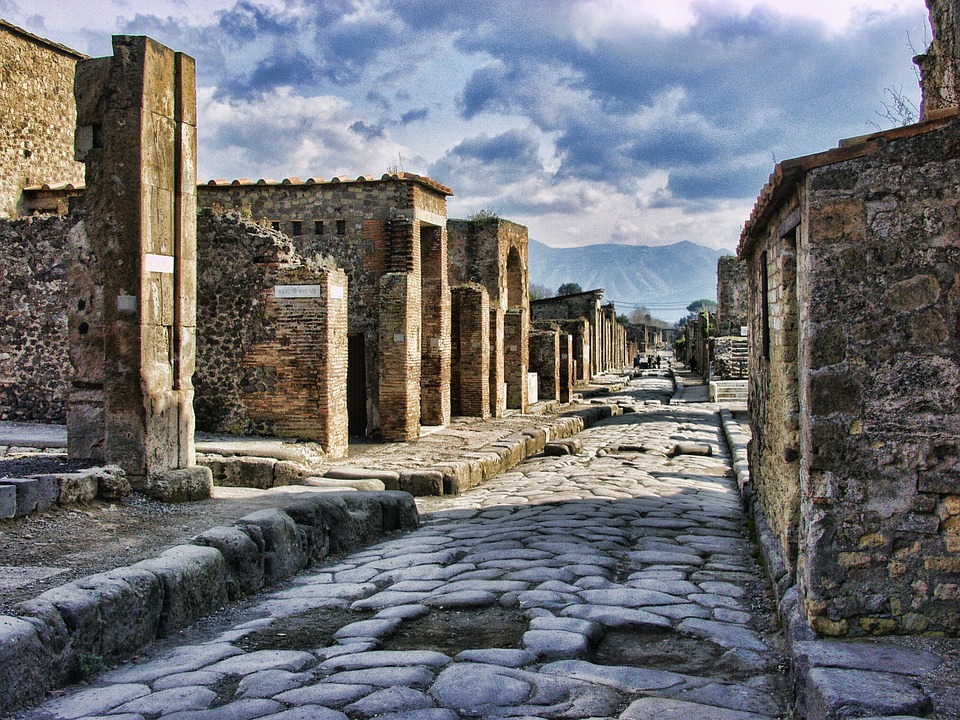 |
| Milan Train Station: https://cdn.pixabay.com/photo/2016/11/08/10/57/train-1807911_960_720.jpg |
When in Rome...well.... enjoy it, and then hop on a train for your next wonderful Italian destination!
While travelling, you might need some vocabulary.
Check out this quizlet page for some of the more useful words:
If you are ready for your trip, here is a link to the Rail Europe website to read about train travel in Italia and even book your tickets:
This site, called "The Man in Seat 61" is a great resource, with lots of tips and information to get your through the process of buying tickets, travel tips, etc:
And here's a train travel Q and A page by Rick Steves:
And an article in The Florence Newspaper with some more tips and information:
Rather have a video tutorial?
This is a good one- very clear and thorough, by woltersworld on YouTube. Includes vocabulary, expressions, tips, etc.:
Or check out this one from Unabellavista on YouTube
If you want a sneak peek of an Italian train station, check out this slightly strange YouTube video of Milan's station:
Songs? Yup. Ma certo! There are lots...
- Here is Stazione Nord by Fabio Concato.
- If you want to read along, here are the lyrics.
- There is also La Stazione by Renato Zero.
- Find the lyrics here.
- Also, take a listen to La Stazione di Zima be Roberto Vecchioni.
- Check out the lyrics here.
- One more, from 1995. Gianluca Grignani's Destinazione Paradiso. I think this is the orinal music video, too.
- Here is the same song, sung by Laura Pausini- and this one has the lyrics to read along with.






